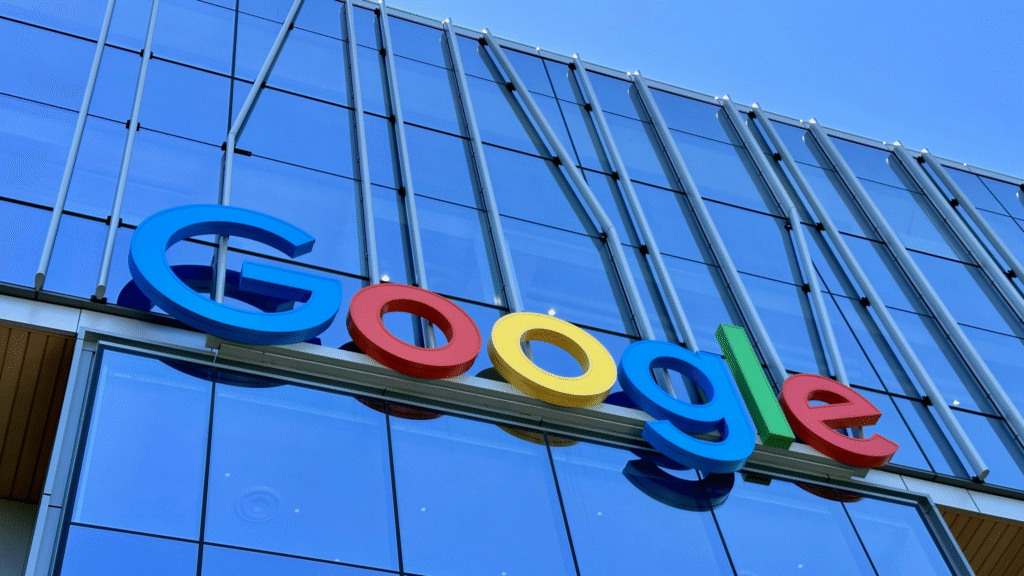The European Union is continuing its strict crackdown on big technology companies, and now Google (owned by Alphabet) and X (owned by Elon Musk) might be the next targets for fines. This comes just after the EU handed out huge penalties to Apple and Meta for breaking new tech laws. The EU is not backing down, even though the US government, including former President Donald Trump, has criticized these rules, calling them unfair to American companies.
On Wednesday, EU regulators fined Apple and Meta a combined 700 million euros ($797 million) for not following the Digital Markets Act (DMA). This law was created to stop big tech companies from controlling the market too much and to give smaller businesses a fair chance. The EU’s antitrust chief, Teresa Ribera, made it clear that all companies, no matter how big, must follow EU laws. “Apple and Meta have failed to comply with the DMA by making it harder for users and businesses to leave their platforms,” she said. “Everyone operating in Europe must respect our rules and values.”
The DMA forces big tech companies to make their services more open. For example, it should be easier for people to switch from one social media app to another or use different app stores. The law also stops companies from favoring their own services over competitors. The EU believes this will create fair competition and better choices for consumers.
However, the US government is not happy with these rules. Former President Donald Trump has called them a hidden tax on American companies. In February, he even mentioned the DMA in an official order, suggesting that the US might take action against the EU’s policies. Joe Jones, a research director at the International Association of Privacy Professionals, said, “The US government has warned that it could respond with measures like tariffs if foreign laws unfairly target American businesses.”

This situation has raised concerns about a possible trade conflict between the US and the EU. If the EU keeps fining US tech giants, the US might hit back with taxes on European goods. But so far, the EU is standing firm. Ribera has said that she will not weaken the rules just because of pressure from the US.
Meanwhile, Google and X could be next in line for penalties. Both companies have been under investigation for possibly breaking the DMA. If they are found guilty, they could face massive fines, just like Apple and Meta. Google has been accused of making it hard for other search engines and web browsers to compete, while X (formerly Twitter) has faced scrutiny over how it handles user data and advertising.
The EU’s tough stance on tech regulation is part of a larger effort to control the power of big corporations. Many European leaders believe that companies like Google, Apple, and Meta have too much influence over the internet and digital markets. By enforcing strict rules, the EU hopes to create a more balanced and competitive industry.
On the other hand, US officials argue that these regulations unfairly target American companies, which dominate the tech industry. They worry that fines and strict rules could hurt innovation and give an advantage to companies from other countries, like China.
As the debate continues, one thing is clear: the battle between the US and the EU over tech regulation is far from over. With more fines likely on the way, tensions could rise even higher. For now, the EU is sticking to its plan, insisting that all companies must play by the same rules—no matter where they come from.
The tech industry is watching closely, as these decisions could shape the future of how digital markets operate. Smaller companies and startups might benefit from more competition, but big tech firms could face major challenges. Consumers, meanwhile, might see more choices and better services as a result of these changes.
In the end, the conflict between the US and the EU highlights a bigger question: who should control the digital world? Governments, companies, or users? With technology playing such a huge role in everyday life, the answer to this question will affect everyone.
For now, the EU is making it clear that it will not back down. “We will enforce our laws firmly and fairly,” Ribera said. “No company is above the rules.” Whether the US will accept this or push back even harder remains to be seen. One thing is certain—this fight over tech regulation is just getting started.








